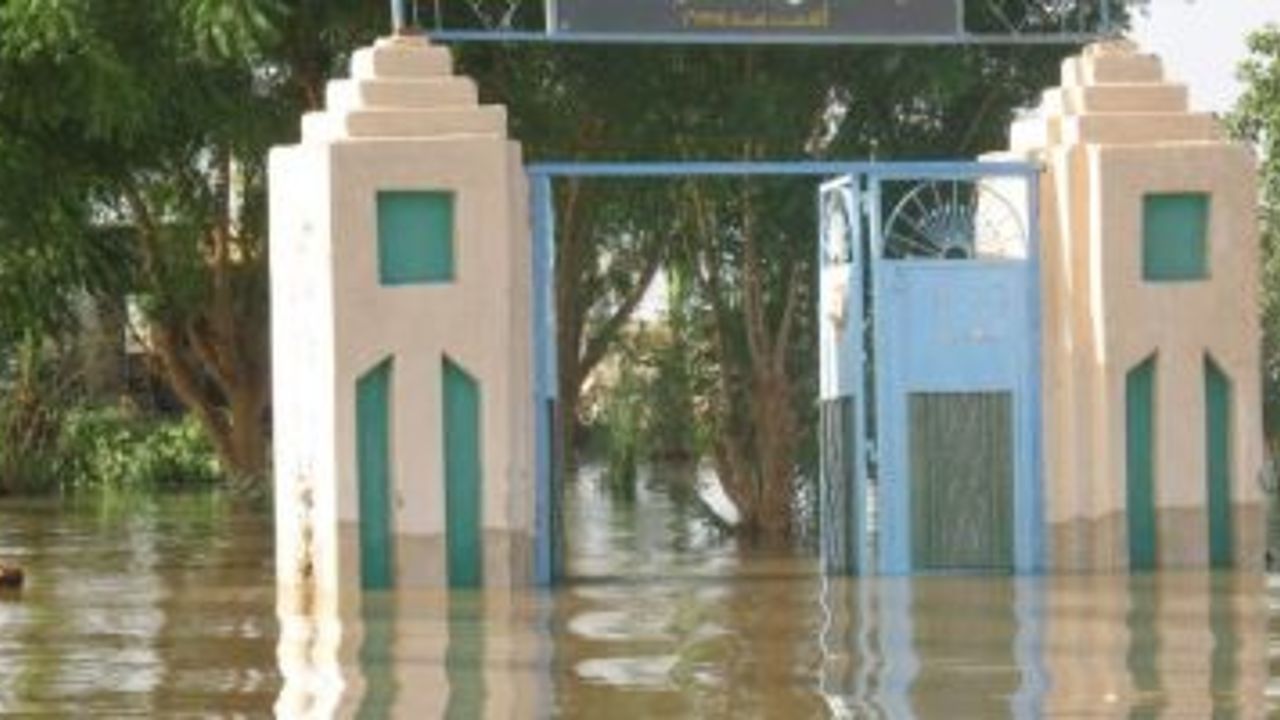Definition
Criminal complaint (Germany)
A criminal complaint provides prosecutory authorities with information on a potential crime.
Show MoreIn late April 2016, prosecutors in Frankfurt am Main ended investigations into two managers from engineering firm Lahmeyer International. The German-based company played a major role in the construction of the Merowe dam in northern Sudan. Over 30 nearby settlements were completely flooded when the dam began operations in 2008. With ECCHR’s support, those affected by the flooding lodged a criminal complaint against two Lahmeyer managers in May 2010. They are accused of bearing part of the responsibility for the displacement and the destruction of the livelihoods of 4,700 families.
The Merowe dam in northern Sudan is one of the biggest hydropower projects in Africa. The building of the dam and the resettlement of the local population affected and continues to affect at least 40,000 people. The dam’s construction was planned and directed by engineering firm Lahmeyer, which also oversaw the initial operation of the dam and hydropower station.
Contrary to the international standards set by the World Bank, Lahmeyer commenced the construction of the dam before resettlement plans had been negotiated with the affected peoples. The Sudanese government had not managed to reach an agreement with locals before the power plant became operational in April 2008, and as a result people were flooded out of their villages as the project progressed.
The aim of the criminal complaint was to enforce the affected peoples’ right to know what happened and to establish who was responsible. German prosecutors opened investigations in April 2011 and in November 2011 they began hearing evidence from several witnesses. After almost five years they concluded that no intent could be established on the part of the suspects. They claimed that the German company and its employees had no legal duty to check if the affected population had been resettled before the flooding commenced.
The Lahmeyer case is symptomatic of the dangers that large infrastructure projects pose to socio-economic human rights. The flooding – carried out with no warning – forced the Manasir, the population group to which most of the victims belong, from their homeland. They lost not only their homes but also their access to drinking water and food. This is a violation of the rights to adequate housing, food and water and Lahmeyer bears part of the responsibility for these violations.
Lahmeyer argues that it was the Sudanese government’s job to organize the resettlement. But a European company cannot rely on foreign governments in such circumstances; instead it must take the necessary precautions itself to prevent potential human rights violations.

A criminal complaint provides prosecutory authorities with information on a potential crime.
Show MoreA criminal complaint provides prosecutory authorities with information on a potential crime.
Show MoreBoth in economic and legal terms, transnational corporations are the winners of the globalized economy. They are often caught up in a borad range of human rights violations, but the people running the firms are only rarely called before the courts, and even more rarely convicted for their wrongdoing.
Show MoreEconomic activities in the Global South far too often disregard the plight of people and the environment. Looking at resource exploitation, we see that the responsibility for endangering human rights and the environment lies with those who profit most from these industries in the global economy. We work with those affected by such human rights violations to enforce their rights.
Show MoreBoth in economic and legal terms, transnational corporations are the winners of the globalized economy. They are often caught up in a borad range of human rights violations, but the people running the firms are only rarely called before the courts, and even more rarely convicted for their wrongdoing.
Show More